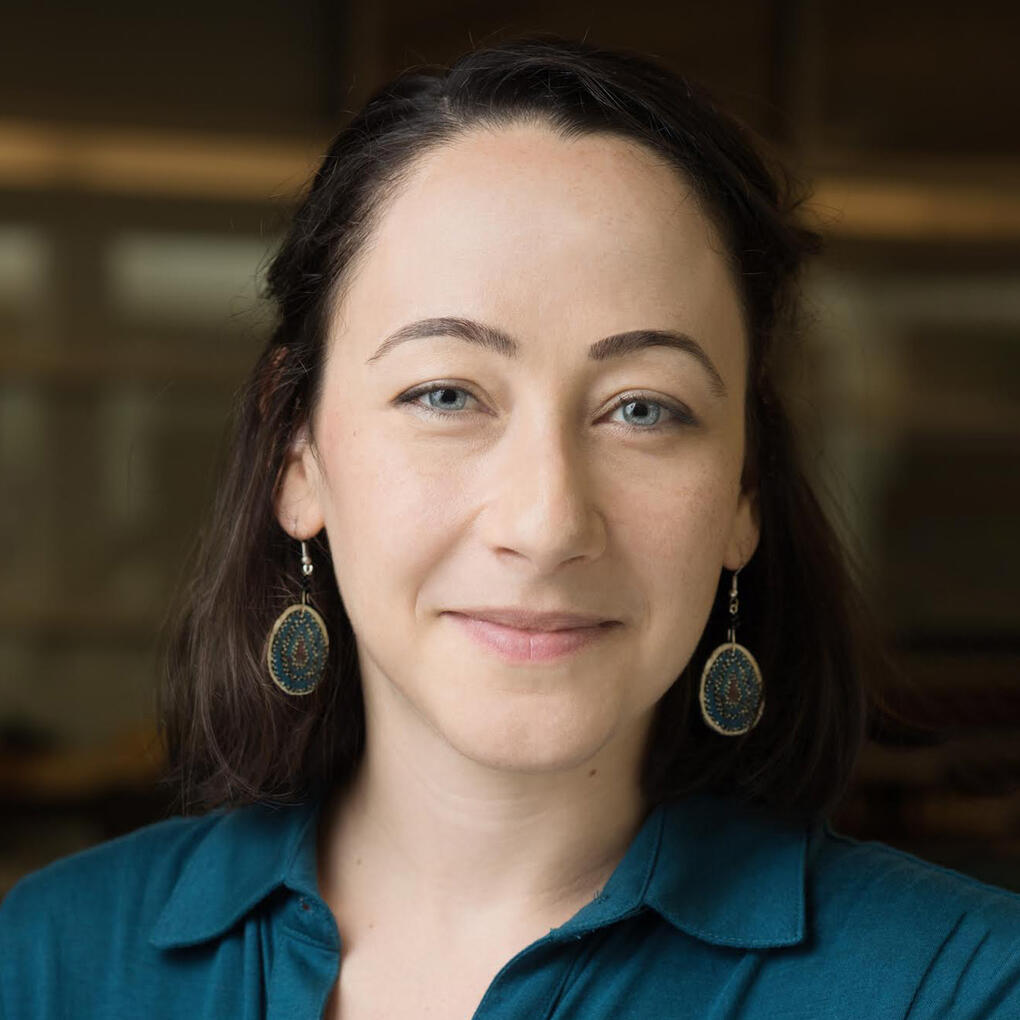
Kara Moskowitz
Associate Professor of History
I am an Associate Professor of History at the University of Missouri – St. Louis. I graduated from Grinnell College with a bachelor’s in History, and received an M.A. and Ph.D. in African History from Emory University. I specialize in twentieth century Africa, with a focus on East Africa. My research examines how grassroots actors shaped and influenced development programs, in the process limiting state control and fashioning postcolonial citizenship. I have published on these topics in the Journal of African History, Past & Present, the Journal of Contemporary History, and Gender & History, among others. My book on the interconnections between Kenyan decolonization and international development was published by Ohio University Press in the New African Histories series in 2019.
My curriculum vitae is available here
RESEARCH
Book
Seeing Like a Citizen:
Decolonization, Development, and the Making of Kenya, 1945-1980
My first book was published in the New African Histories series of Ohio University Press in 2019. The book approaches Kenya’s late colonial and early postcolonial eras as a single period of political, economic, and social transition. During this period, Kenyans framed their aspirations for independence in the language of development. I examine this history from the bottom up, offering locally grounded case studies situated in national and transnational settings, and balancing attention to the bureaucratic logic of development with attention to the actions of rural citizens.
The manuscript is based on more than two years of archival and oral research. External grants from the Andrew Mellon Fellowship in Original Sources and the National History Center supported my research, and Fulbright-Hays and National Resource fellowships supported Swahili language training. This work draws on a range of sources from archives in Kenya, the United Kingdom, and the United States. Oral histories are integral to my research, as they complicate the state-centric accounts in public records. I conducted more than 150 oral history sessions at eight sites in Kenya’s western Rift Valley highlands. Portraits of some of my oral interview subjects are below. Photos by Joe Martinez.
Top row l to r: Nora Kasigene, Jotham Njau Mwangi, Karen Misavo, Daniel Kebeney Bitok; Middle Row: Rael Serem, William Serem; Bottom Row: Frederick Kemboi arap Tum Kaptulus, Ainea Alulu, Pauline Tum
Selected Refereed Articles and Chapters
"The Case of Mister X (Formerly Miss X): Intersexuality in Modern Kenya and the Ethics of History Writing," Gender & History 35. no. 2 (2023): 709-29.
"Sons and Daughters of the Soil: Politics and Protest of Kenyan Resettlement to Tanzania (1961-68)," Past & Present 253, no. 1 (2021): 301-37.
"Nationalism, Decolonization, and Development in Kenya," in Oxford Research Encyclopedia of African History, Oxford University Press, 2024.
"'There Was No Change': Kenyan Women, Temporality, and Decolonization," Nordic Journal of African Studies 32, no. 3 (2023): 155-76.
"International Development in Africa: Historiographical Themes and New Perspectives," History Compass 20, no. 2 (2022).
“‘I Named My Son Kennedy’: Kenyan Perceptions of JFK during Decolonization,” in Globalizing the U.S. Presidency: Postcolonial Views of John F. Kennedy (New York: Bloomsbury, Jan. 2020).
Image description: l: front cover of edited volume; r: John F. Kennedy and Kenyan
Nationalist Tom Mboya speak to reporters in 1960 (source OAH archive)
“Sweating to Help Themselves: Self-Help and the Contradictions of Citizenship
and Development in Decolonizing Kenya,” International Journal of African
Historical Studies 50, no. 1 (2017): 35-58.“‘Are You Planting Trees or Are You Planting People?’ Squatter Resistance and
International Development in the Making of a Kenyan Postcolonial Political Order
(c. 1963–78),” Journal of African History 56, no. 1 (2015): 99-118."From Multiracialism to Africanization? Race, Politics, and Sport in Decolonizing Kenya", Journal of Contemporary History (2021).
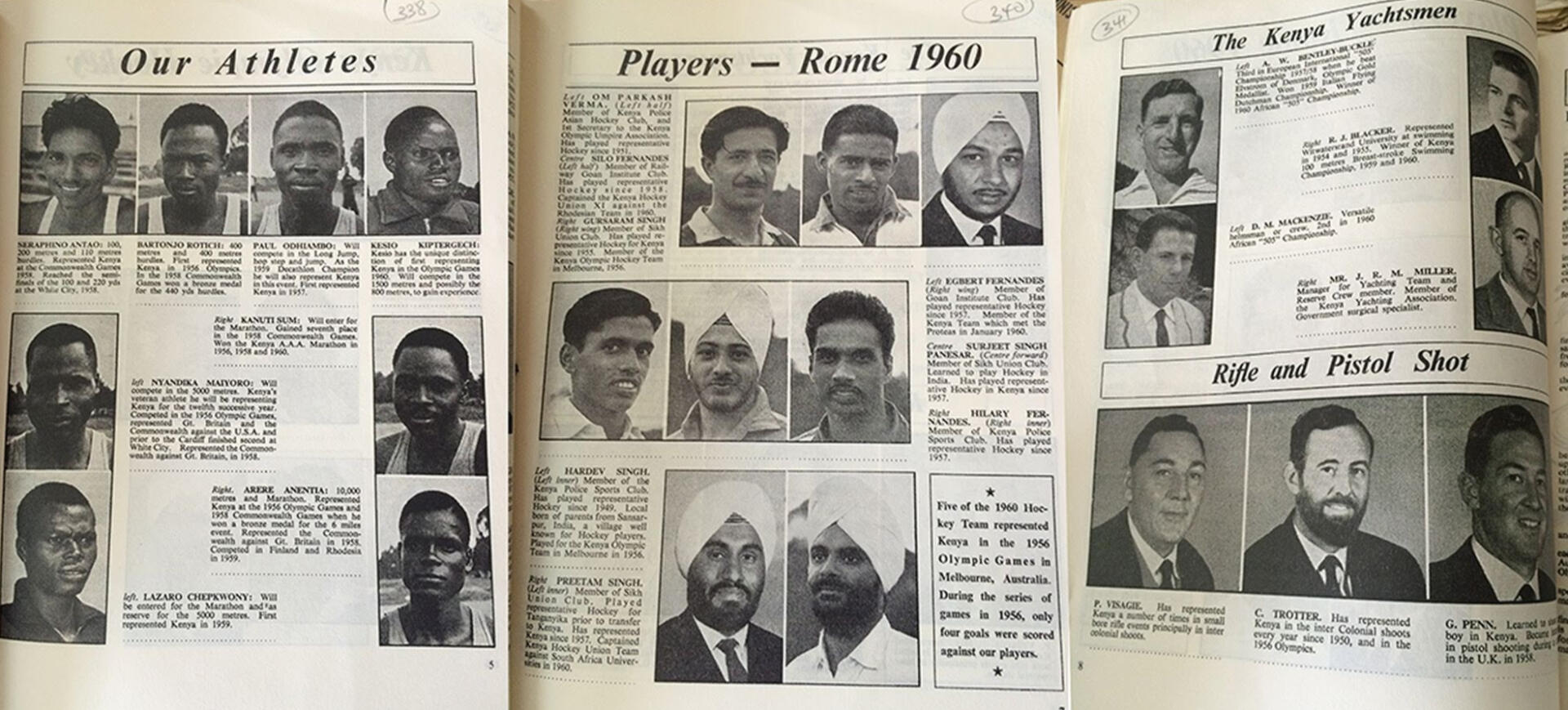
Image description: Photos and biographies of the Kenyan Olympic team selected to compete at the games in Rome 1960
Current Research in Progress
Practicing Neoliberalism: Reforming Kenya and the World (book project)
“‘What is a Woman Doing in a Man’s Game!’ Rose Wandera, Football, and the Reimagining of Gender in Postcolonial Kenya” (article project).
Public and Digital Scholarship
'Welcome to Kenya, IMF's Little Colony': A Digital and Spatial Analysis of Neoliberal Transformation
Running from Apartheid: Kenyan Athletics and the Anti-Apartheid Movement, 1955-1068)Image description: Kenyan runners Kip Keino and Wilson Kiprugut featured in the Sept. 30, 1968 Sports Illustrated.
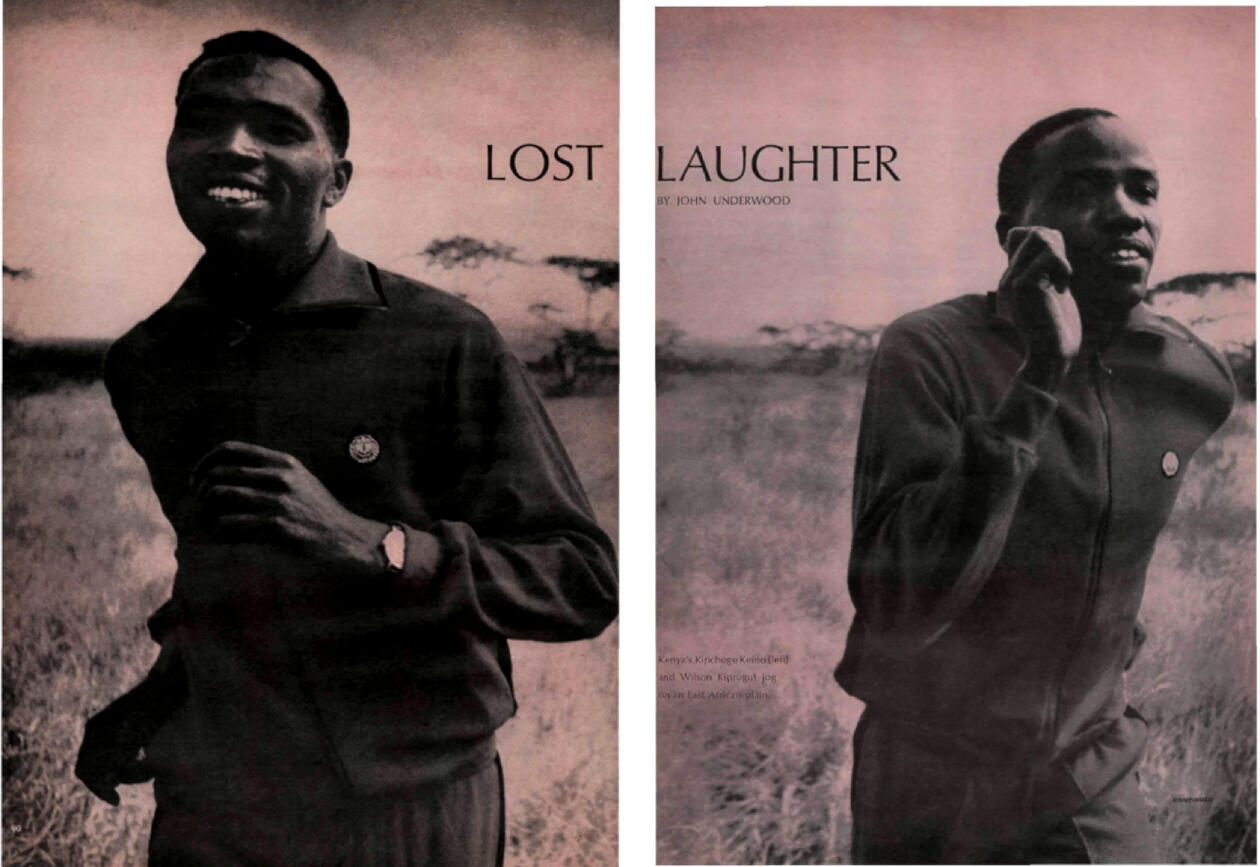
“Seeing Like a Citizen: Decolonization, Development, and the Making of Kenya, 1945-1980,” Democracy in Africa, December 20, 2019.“Security Killings: American Police Violence, from Ferguson to Nairobi,” Africa Is A Country, January 26, 2015.
TEACHING
Undergraduate Courses Taught
Aiding Africa: Histories of International Development | This course examines the history of economic development in Africa. Students will gain an understanding of how African history is situated in global history, and how changing international policies on development have shaped the lives of Africans. Conversely, we study how Africans have reconfigured these policies and thus shaped international politics. (Spring 2015, Spring 2018, Spring 2020)
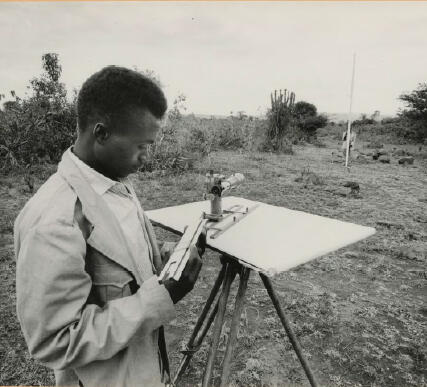
Modern Africa: From Colonies to Nations | Using film, fiction, music, and historical sources, this course explores the history of twentieth century Africa, focusing on African experiences of the colonial and postcolonial periods. (Spring 2015, Fall 2016, Spring 2019)
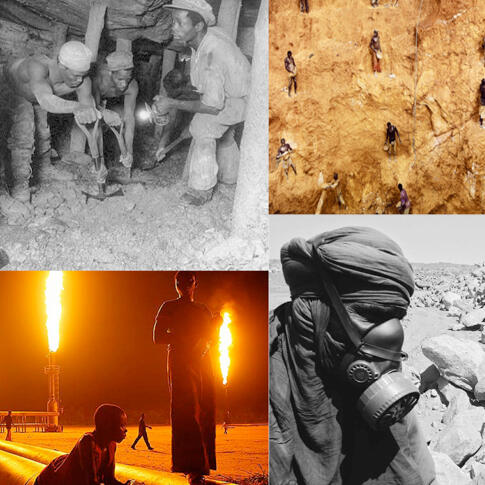
From Ivory to Oil: Extractive Industries in African History | This course focuses on mining and its effects on economic and human development in twentieth century Africa. It examines specific case studies - oil, diamonds, uranium, copper, ivory, gold, and more - to explore how African states, economies, laborers, and environments have been affected by the presence of valuable resources, and to draw connections between centuries-old patterns of extraction and the present. (Fall 2014, Spring 2016, Spring 2017, Fall 2018)
Women and Gender in African History | Using documentaries, popular culture, graphic histories, and primary and secondary sources, this course explores the history of Africa, highlighting African women's lives, experiences, and agency, and questioning the application of Western concepts of gender to an African setting. (Fall 2014, Fall 2015, Fall 2016, Fall 2018)
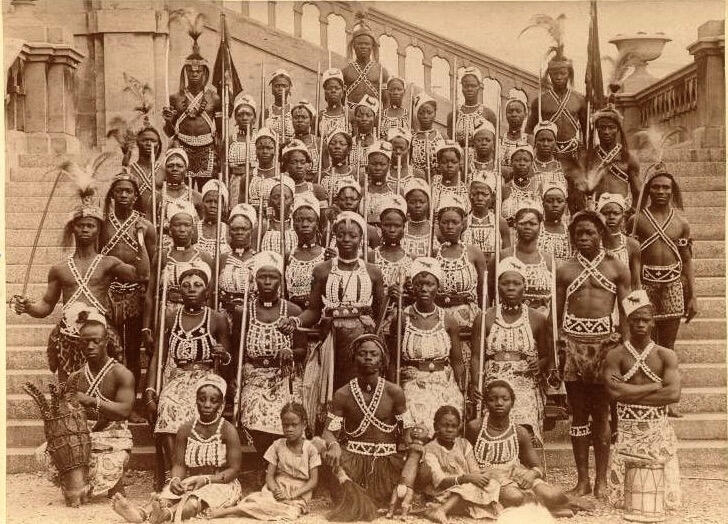
Senior Seminar: Thesis Writing | This is the capstone course for History majors in their senior year. The objective for this course is for students to act as historians. Each student chooses their own original research project based on primary sources. The is structured to move students through the stages of shaping a topic, researching it, and writing an article-length paper. (Fall 2015)
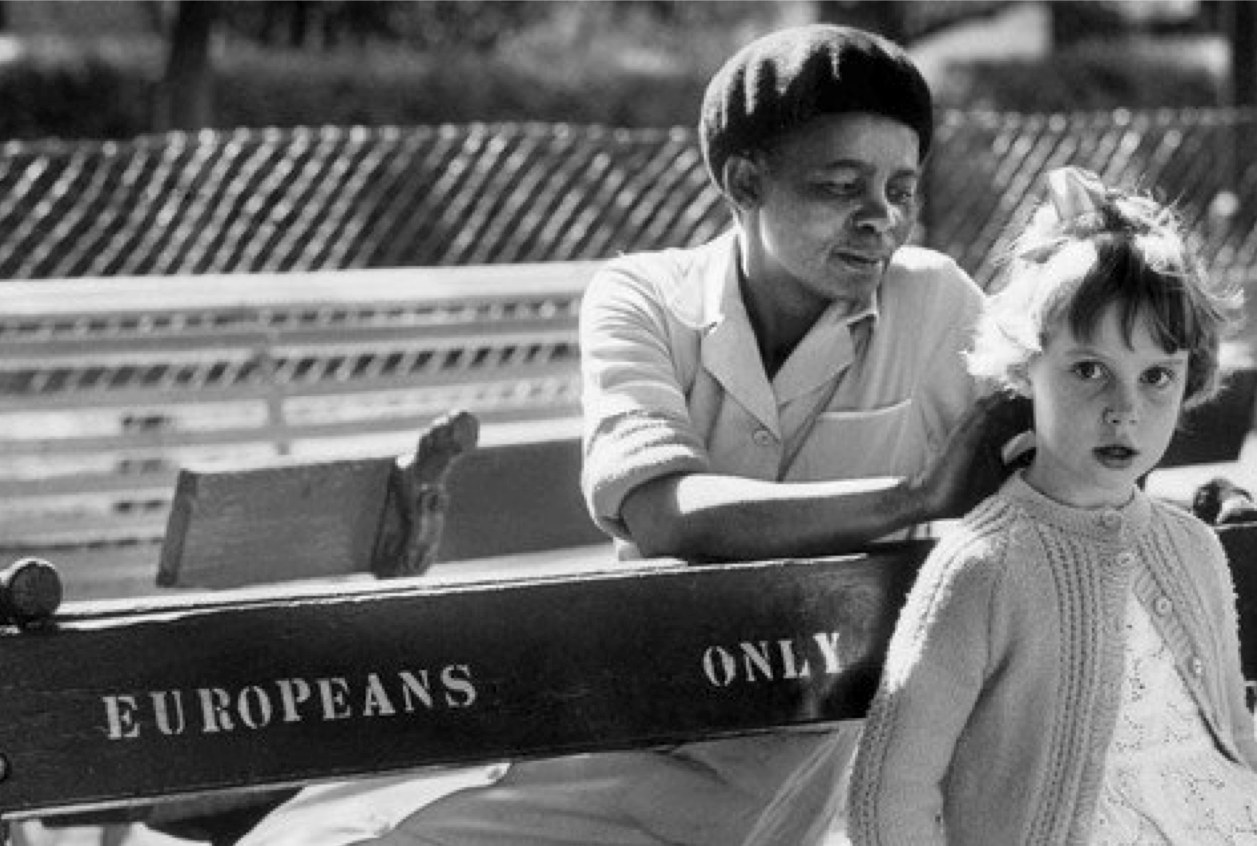
The Politics of Identity in African History | Identity in Africa has been the basis for the creation of political parties, it has inspired social movements, and it has generated violence. In this course, we explore both broader concepts and specific case studies to better understand the complex, changing and overlapping connections between African identities and African politics. (Spring 2012)
Refugees, Forced Migration, and Humanitarianism: A Global History | One in every 112 people is now displaced, the highest level of human displacement in recorded history. Yet, displacement is not only a modern phenomenon. This course traces these histories, exploring what factors have led to forced migrations, how the modern political system created the category of refugees, how international law defined humanitarian obligation, and how refugees experienced displacement, camps, repatriation, and resettlement. (Spring 2020)
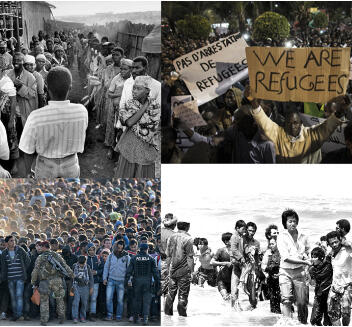
African History through Fiction and Film | This course examines modern African history using literature and film, focusing on works that have captured important events in African history-slavery, colonialism, independence, and more.
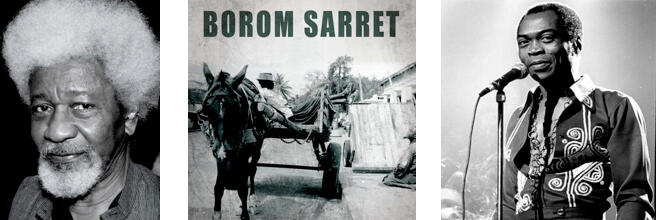
Disease and Health in Modern Africa | This course examines histories of disease, health, and healing in Africa from the nineteenth century to the present. We cover African healing practices, colonial medical intervention, and contestations over the production of scientific knowledge. We also complete case studies on sleeping sickness, malaria, maternal and child healthcare, mental health, and HIV/AIDS, among others. (Co-Instructor, Spring 2014)Precolonial Africa | This course introduces students to the social, cultural, political, and economic histories of Africa from the earliest times to the mid-nineteenth century. The course demonstrates the breadth of African societies and African experiences, and one of the main themes will be the interconnections between different African communities, and between Africa and the world. (TA, Fall 2010)
Graduate Courses Taught
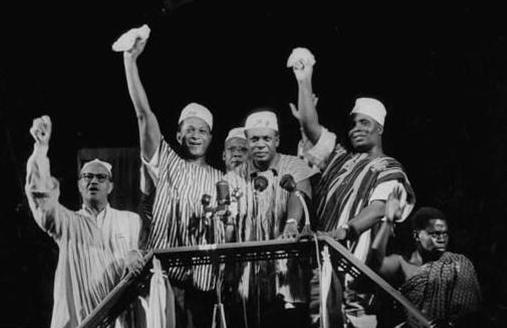
Twentieth Century Africa | This course introduces students to modern African history, and to the most influential scholarship on this time period. The course draws on case studies from throughout the continent to emphasize important themes, such as conquest, resistance, independence, and nation-building. (Spring 2016, Spring 2019)
East Africa: From City-State to Nation-State | This course provides a comprehensive history of East Africa from about 1100 AD to the present. The majority of the course centers on the nineteenth and twentieth centuries, examining how the different local and regional experiences of colonialism and processes of decolonization have shaped the present, particularly on questions of ethnic politics, conflict, and inequality. (Spring 2017)
Sports: A Global History | This courses uses sports as a lens to explore some of history’s most studied questions: imperialism, race, gender, nationalism, and resistance. Students will learn about these topics through a series of case studies drawn from throughout the modern world. (Spring 2018, Fall 2019)
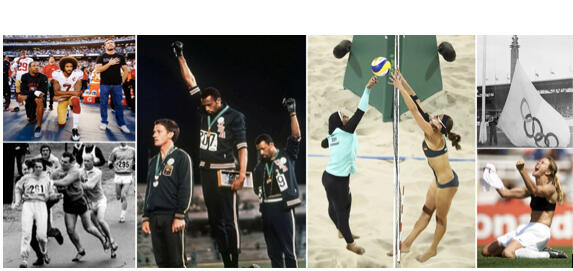
Teaching Philosophy
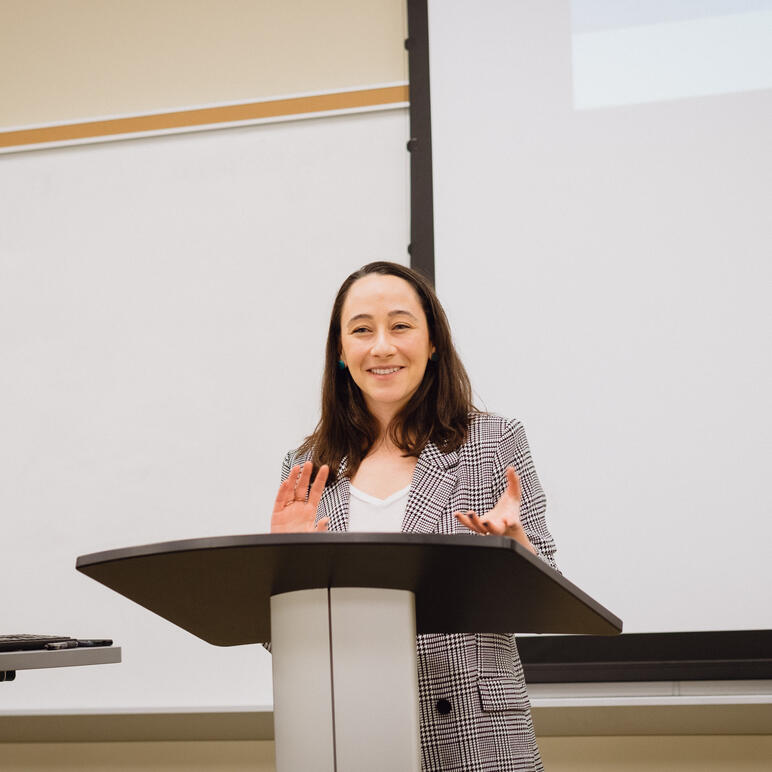
The same interests that inspire my research also inspire my teaching. At three different institutions, I have taught a range of survey and upper-level undergraduate classes, as well as graduate courses, in which I challenge students to approach the topics we study from multiple scales. I develop my courses to emphasize individual and local responses to internal and external forces, to reflect the voices and experiences of underrepresented groups, and to examine structures of power. My teaching philosophy emphasizes student engagement and critical inquiry. I cultivate a classroom atmosphere where all students participate in some way. I also push students to question their assumptions and to think about the various histories we study in complicated analytical terms. I do this firstly with varied readings and media—combining secondary sources and primary sources, global analyses with local case studies, historiographical essays, with ethnography, literature, film, radio, theory, digital humanities, and pop culture. I also use classroom discussions and debates, in-class presentations, and create different types of writing assignments—short reading responses, in-class journaling, essays, research papers, and Wikipedia editing.
Contact
Department of History
University of Missouri-St. Louis
One University Blvd.
463 Lucas Hall
St. Louis, MO 63121-4499moskowitzk -at- umsl.edu











